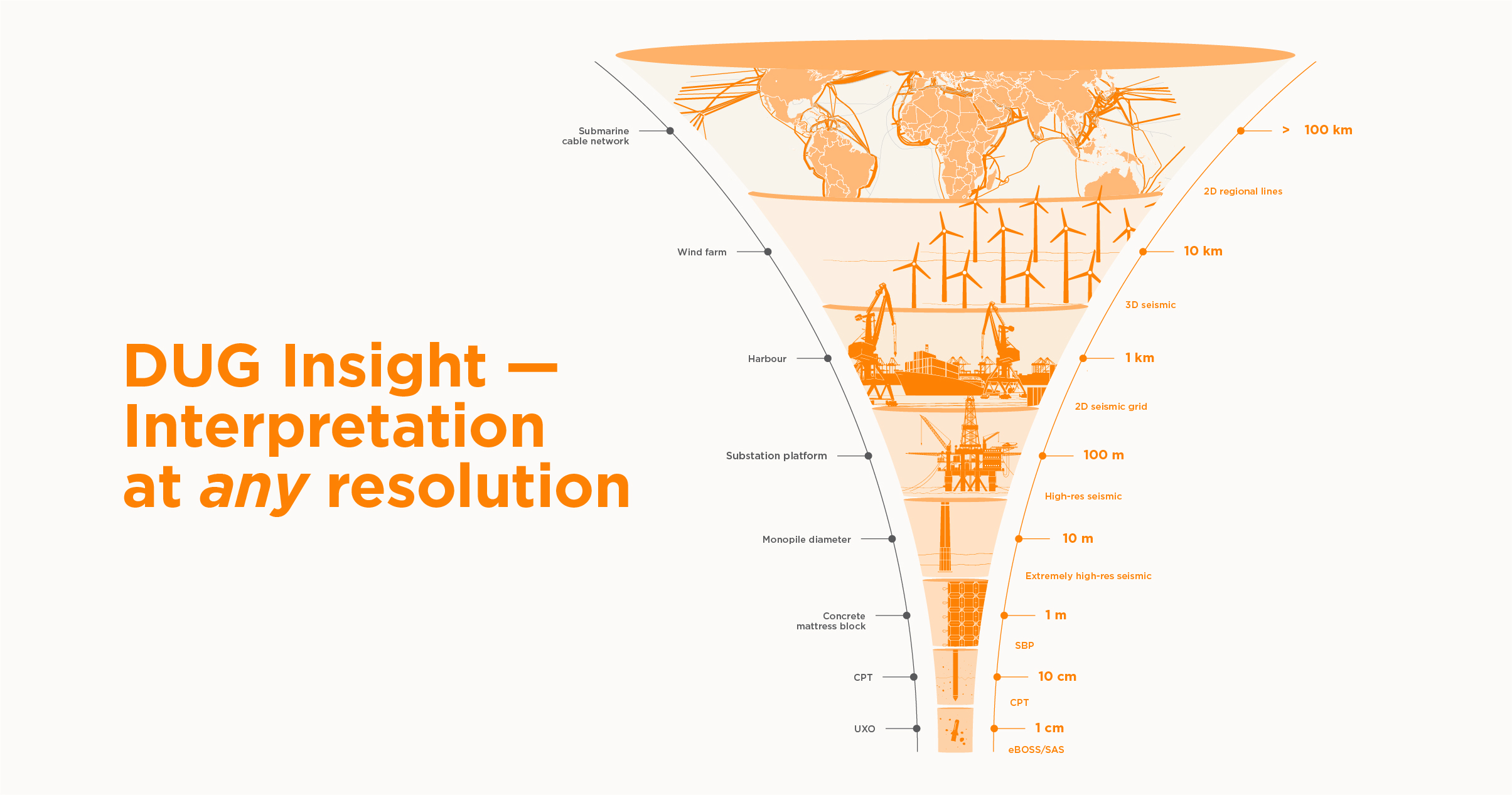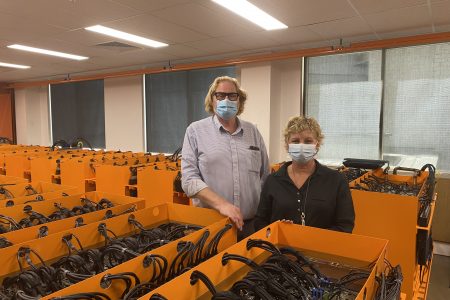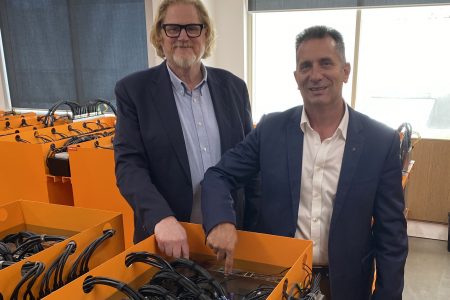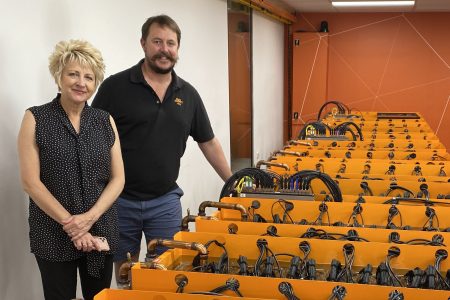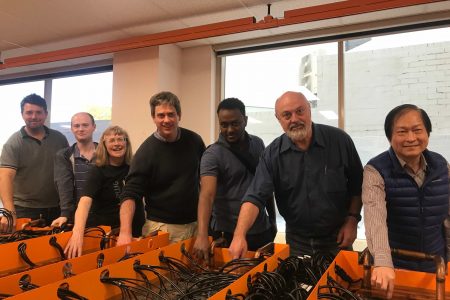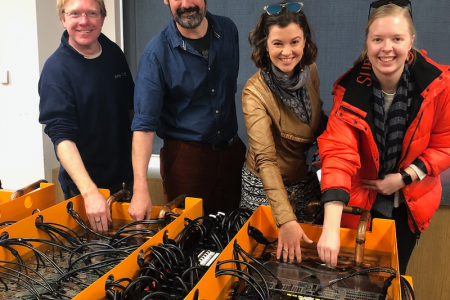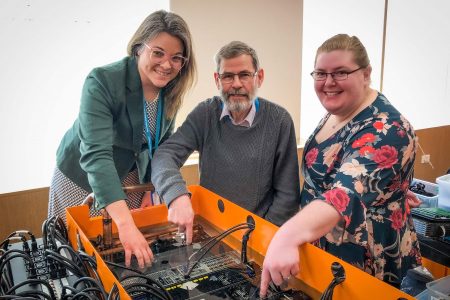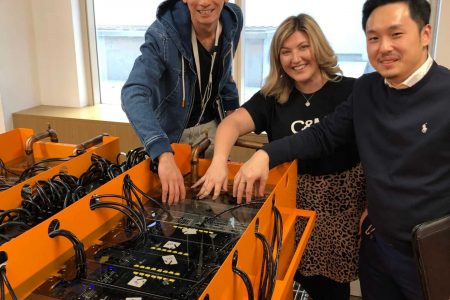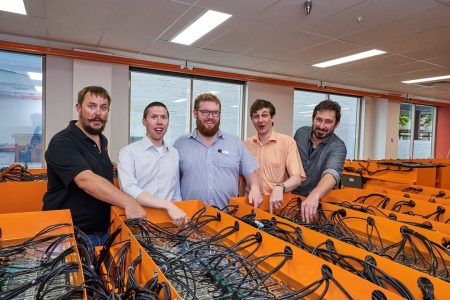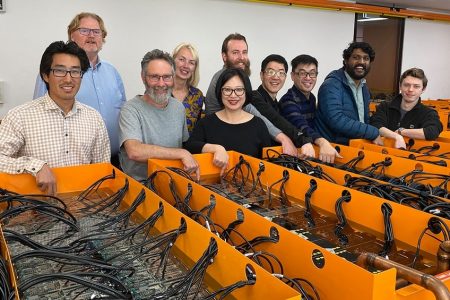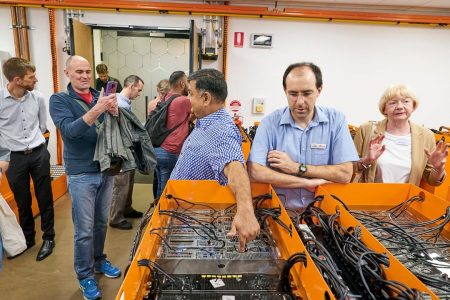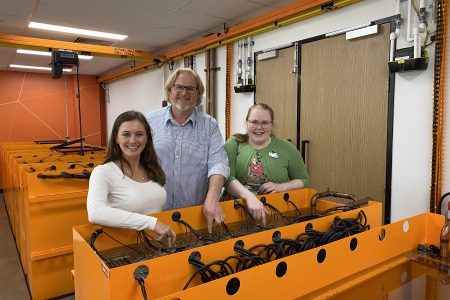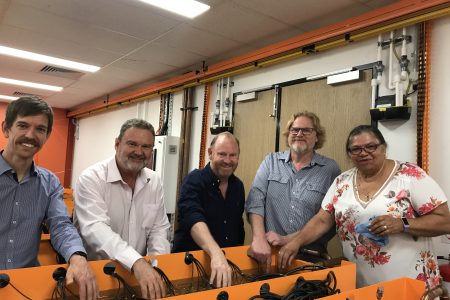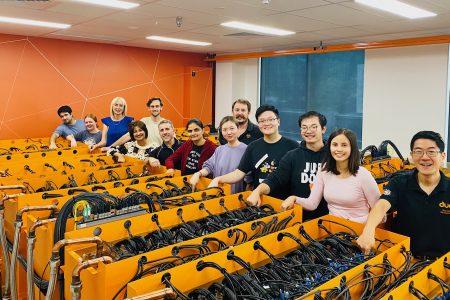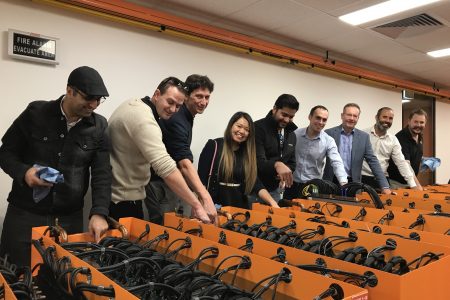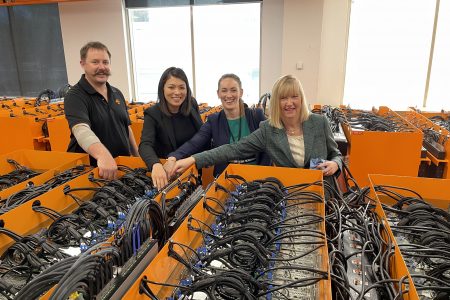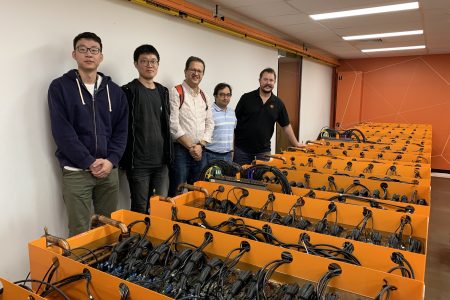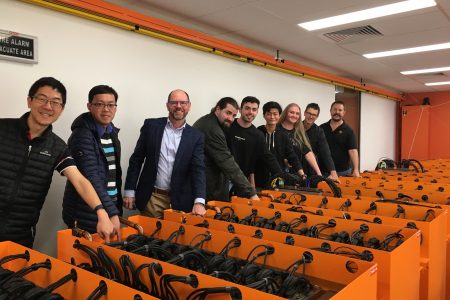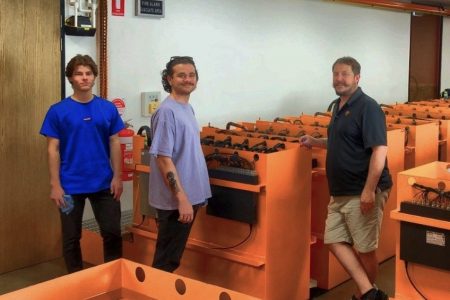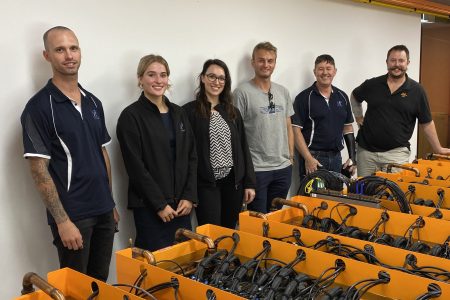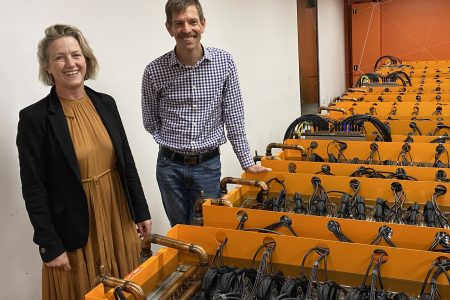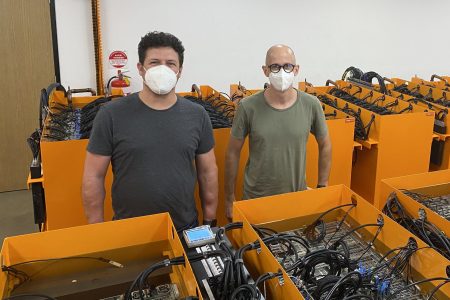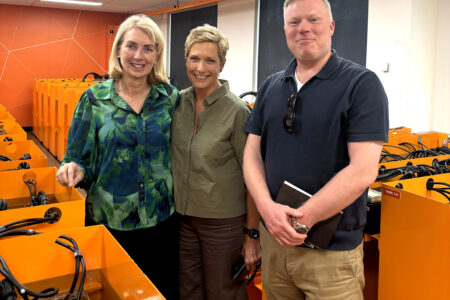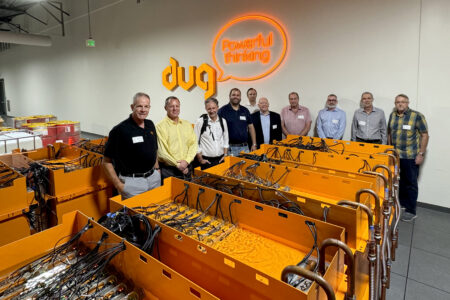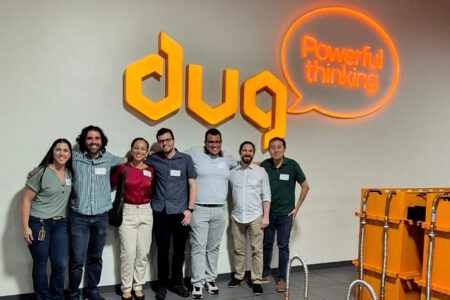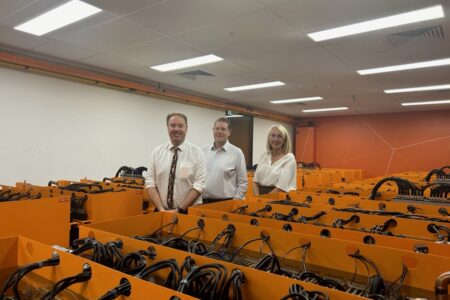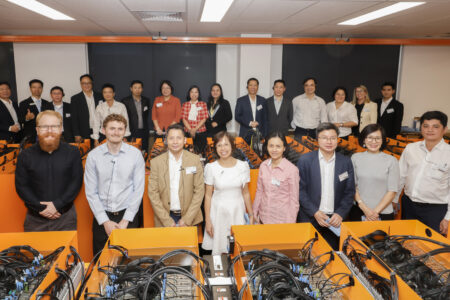The realm of high-performance computing (HPC) has long been dominated by traditional users such as physicists, quantum chemists, and aerospace scientists.
Supercomputers were built to run large computational models as fast as possible, with the science revolving around mathematics and the methods evolving over decades. As the complexities of the models grew, supercomputers became faster and more powerful. Problems can be resolved in far greater detail, producing solutions that are more tailored and focussed.
New users shake up supercomputing
The world is changing at an unprecedented pace. With the advent of big data, new players like those involved in fintech, bioinformatics and healthcare entered the field of supercomputing.
Non-traditional HPC users in these research fields often don’t operate by conventional rules—they use completely new and dynamic languages to process data. Apart from having unstructured methods, their computational approaches are also evolving rapidly—old mathematical methods are being stretched and applied in ways never imagined.
Pouring in from specialised machines, this deluge of data needs to be processed in novel ways to extract meaningful value and insights.
As a consequence, the supercomputing facilities that run them are being forced to evolve and adapt too. New hardware and software products have been created to change our relationship with data—bigger brains are built into conventional computing hardware to enable bigger science carried out at bigger scales.
DUG innovates to scale up HPC capabilities
With over 19 years of international experience, we design, own and operate a network of some of the largest and greenest supercomputing installations on Earth.
We offer private, cloud-based HPC as a service (HPCaaS)—pure performance in a secure, provisioned, and supported environment.
Running your workflows on our HPC leverages our patented immersion-cooling technology that reduces the power consumption of computer hardware by up to 51%—we also fulfil the remaining power requirements of our hardware with renewable energy.
Our differentiated capability in HPCaaS offers life-sciences professionals a complete stack. This includes high-speed networks with low latency and innovative solid-state-drive-based storage systems that revolutionise our relationship with data—regardless of size and access pattern used.
With speed, scale, and simplicity front of mind, we can handle non-traditional workloads that are unworkable on legacy HPC systems, such as those in the bioinformatics sector.
Coupled with a dedicated HPC support team providing life-sciences expertise, as well as professional services such as code onboarding and optimisation, algorithm development, predictive analytics and modelling, and on-demand software support, we enable the HPC so that you are empowered to focus on your science.
Supercharging medical research
The Harry Perkins Institute of Medical Research is a world-leading, Western Australian based medical research centre, dedicated to innovative research into the diseases that most affect our families in the WA community and the world at large, such as cancer and rare genetic disorders.
Harry Perkins’ research mainly involves bioinformatics, with the goal of understanding and extracting health-advancing knowledge from laboratory experiments such as genome sequencing to achieve more medical breakthroughs.
For instance, advanced computing techniques are used to search for disease mutations. They can also help analyse the behaviours of a particular cell type that may be causing disease or enable researchers to observe the range of cells present in a patient’s tumour.
Just a decade ago, the standard approach was to take a tumour biopsy and look at the average measurements of all cells. With technological advancements in medicine and HPC, it’s now possible to get details about the biology of each cell, look at trajectories of cell development, or decode the messages cells send to each other. In essence, HPC today empowers researchers to extract information from a dizzying number of cells simultaneously, helping them develop better, more targeted treatments for major diseases.
Associate Director of Scientific Strategy at the Harry Perkins Institute of Medical Research, Professor Alistair Forrest, understands the important application of HPC in the field of medical research.
“Sequencing cells in cancer research generates colossal amounts of genomic data where the analysis requires complex access patterns,” Professor Forrest said. With current resources, storing such data and processing these workloads poses a daunting challenge.
“To support the multiplicity of our throughput requirements, what we need is a fully supported HPC system designed to let us store, process, and analyse data our way.”
A proof-of-concept project quickly showcased the unique HPC proposition we had developed, accelerating Harry Perkins’ complex workflows and increasing their efficiency.
With unlimited HPC scale and the support of domain-specific experts at their fingertips, Harry Perkins researchers were free to implement and run all their existing workflows, gaining the confidence to conduct science at record speeds that they previously could have only dreamed of.
As Professor Forrest said, “Trusting the technology to the experts at DUG, we can now get back to our number one priority—saving lives.”
Our experience and expertise in HPC delivered a step-change in Harry Perkins’ computing capabilities. This productivity boost allowed them to reduce project cycles from months to weeks, accelerating the translation of their life-saving research and the commercialisation of their IP assets, thus giving Harry Perkins a competitive advantage in the bioinformatics and healthcare sectors.
Check out our case study with Harry Perkins here.
To learn more about how we can help turbocharge your life sciences and bioinformatics workflows, drop an email to [email protected] to get in touch.



